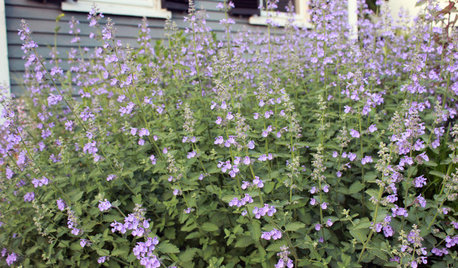dyna gro for japanese maple?
rtr-jd
12 years ago
Related Stories

GARDENING GUIDES5 Weed-Smothering Ground Covers
Let these landscape plants do the dirty work of choking out weeds while you sit back and enjoy the view
Full StoryMore Discussions
im trying to find a good fertilizer for my fireglow. its in a bed with knockout roses and i read about dyna gro and im very interested as they provide many minerals as well as NPK. they have two different kinds and im not sure which one would be better the foliage pro or the liquid grow. the foliage pro is 9-3-6 and the liquid grow is 7-9-5. both apparently provide minerals but just curious if anyone has experience and opinions

IpmMan
gardengal48 (PNW Z8/9)
Related Professionals
New Bedford Landscape Architects & Landscape Designers · Seabrook Landscape Architects & Landscape Designers · Surprise Landscape Contractors · Woburn Landscape Contractors · Bridgeview Landscape Contractors · Kearny Landscape Contractors · Long Branch Landscape Contractors · Louisville Landscape Contractors · Sugar Hill Landscape Contractors · Evanston Fence Contractors · Fort Lauderdale Fence Contractors · Lorton Fence Contractors · Oakdale Fence Contractors · Ramona Fence Contractors · Rutherford Fence Contractorsoakiris
kaitain4
jolj
botann
gardengal48 (PNW Z8/9)
Embothrium
lou_spicewood_tx
gardengal48 (PNW Z8/9)
Embothrium
gardengal48 (PNW Z8/9)